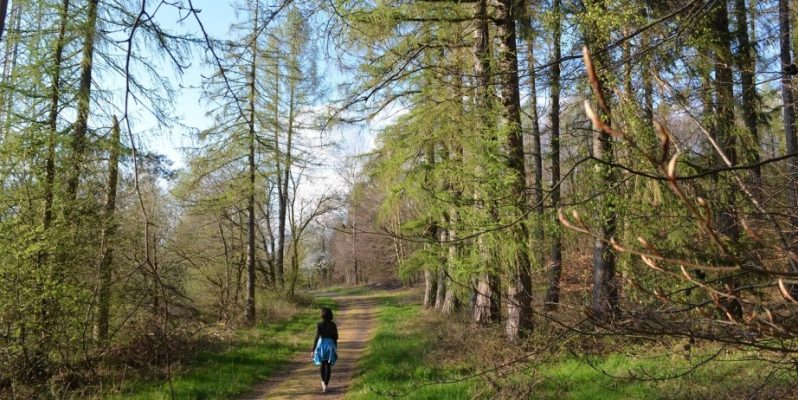
The term Nature Connectedness refers to the degree in which people include Nature as an inseparable, intrinsic part of their identity. In a more general sense, we could simply say that it’s about how connected one feels with Nature.

As a formal study subject, it’s thought that Nature Connectedness consists of a cognitive, affective, and behavioral component.
The cognitive aspect is about how integrated one thinks or feels one is with Nature, the affective component is our emotional i.e. loving bond with Nature, and the behavioral component involves our actual active care and protection of Nature.
It’s also believed that the amount of Nature Connectedness is a stable individual trait throughout a person’s life, but that it can increase through more contact with Nature. As such, it’s important to stimulate contact with natural environments for those whose degree of Nature Connectedness is relatively low.
Research has shown that feeling connected to Nature has many health benefits, such as more positive moods, lower levels of stress and anxiety, increased creativity and problem solving skills, improved concentration ability and self-esteem, better relationships with other people, higher levels of psychological well-being, and increased feelings of purpose and meaningfulness of life.
By contrast, when feeling less connected with Nature, it’s believed that a person misses out on the beneficial effects of Nature because one will spend less time in or with it, while also feeling less inclined to protect natural environments.


















